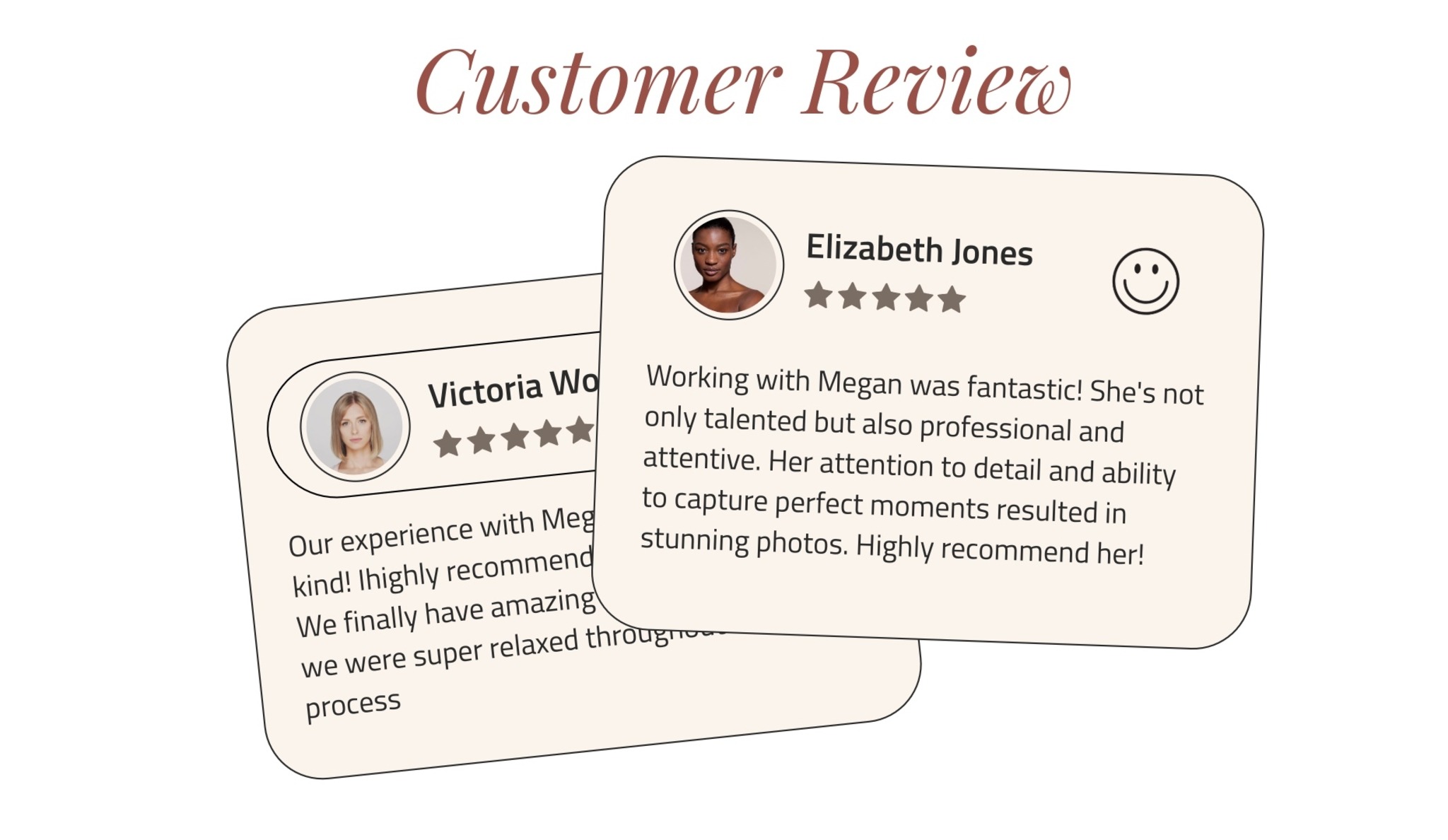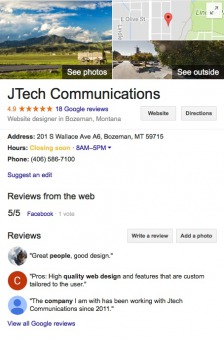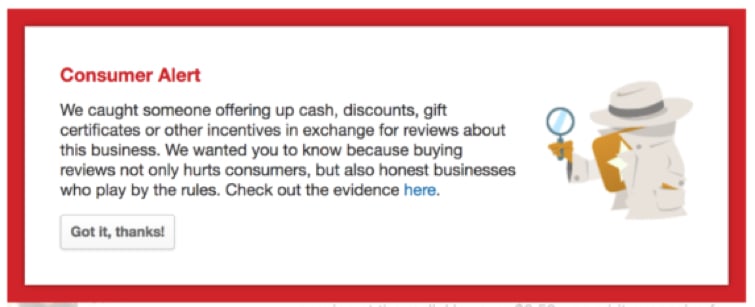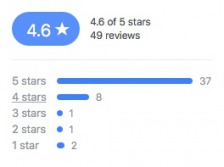
A Guide to Soliciting Customer Reviews
No matter your industry, customer satisfaction plays a huge role in your success — negative reviews can quickly change a potential customer’s mind, while positive feedback can influence someone’s decision to give you their business. When collecting reviews from your customers, however, it is important to know the policies set in place so you don’t find yourself in trouble. Here are some helpful guidelines as established by the most popular business review sites to be aware of.

Google’s review policy doesn't allow incentivized reviews, meaning you cannot bribe your customers to leave positive remarks about you. They also prohibit advertising, links, phone numbers or contact information or reviews left by employees. Be aware that they do not actively moderate the content of reviews that are submitted or take immediate action if a comment is flagged as ‘spam’ or ‘inappropriate’ so you’ll want to do your own surveillance on your account.
Not only has Yelp established itself as a popular hub for customer reviews, but they also enjoy considerable reach: their reviews are provided when consumers search for a business in Apple Maps or by using Apple’s Siri voice assistant. It is possibly because of this that they have the most stringent guidelines. Yelp openly condemns all incentivized and solicited reviews, stating in a blog post: “Yelp does not want businesses to ask their customers to write reviews and our recommendation software actively targets reviews that have been solicited.”
Yelp does not allow:
They uphold these rules with their Consumer Alerts Program, which warns people with a popup over a business’s page when reviews come in that look suspicious. Suspicious activity includes:
 Each case is reviewed carefully by Yelp team members and the popup will be removed after 90 days as long as the activity stops. They have even been known to shame businesses caught offering incentives and lawsuits and some companies have been caught in expensive lawsuits after bribing for positive feedback.
Each case is reviewed carefully by Yelp team members and the popup will be removed after 90 days as long as the activity stops. They have even been known to shame businesses caught offering incentives and lawsuits and some companies have been caught in expensive lawsuits after bribing for positive feedback.
Yelp does not allow:
- Employees of a business or their family or friends to leave reviews
- A business to bribe or pressure customers
- Copying and pasting an existing review
They uphold these rules with their Consumer Alerts Program, which warns people with a popup over a business’s page when reviews come in that look suspicious. Suspicious activity includes:
- Multiple reviews coming from the same IP address
- Reviews that threaten legal action
- Reviews that insinuate that a bribe was offered


Reviews left on on social platforms factor into about 10% of your search ranking, and 90% of consumers say reviews are what determines their buying decisions — making reputation management an important part of your business’s marketing strategy. If you need help recovering from bad reviews, want help encouraging more positive ones or are unsure where to start, give us a call — we’d be happy to help.
